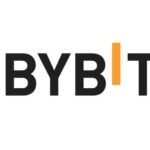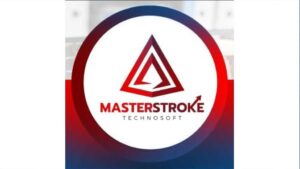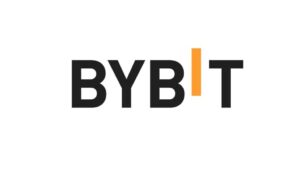Blockchain technology has far-reaching implications that transcend beyond bitcoin or other cryptocurrencies. The technology has been explored by businesses across many industries. Blockchain technology is being utilized across a variety of sectors, including healthcare, banking, real estate, and supply chain, due to its safest transaction method, elimination of tons of paperwork, and simplest record keeping. Automotive giants are mainly concentrating on blockchain development to capitalize on its potential. The automotive industry has gotten involved and is heavily investing to better its operations.
BMW and Energy Web have collaborated to showcase a blockchain system for charging electric vehicles using sustainable energy. Elia, a Belgian and German power grid operator, has also participated in the project. The main advantage was that the grid operator could see a decentralized vehicle identification.
Energy Web’s Blockchain System Channels the Charge Cost
Electric vehicles (EVs) are charged in the same way as mobile phones are charged. Your call may be routed through the operator with whom you signed up, or it may be routed through another mobile network. Similarly, most automobiles join a single charging station for EVs, although numerous firms run public charging stations. It adds an intermediary and, as a result, an extra fee when roaming. Energy Web’s blockchain technology, on the other hand, may be used to channel the recharging costs. People say the Energy Web blockchain also functions as an effective intermediate and only connects to charging stations that are registered. A decentralized identity for the automobile, held in the car’s wallet, is the foundation of the Energy Web service. The automobile may safely exchange personal information with the charging station and the grid operator if they provide permission.
Car Data is Necessary for the Grid
EV users will benefit from the creation of digital identities. It will be possible in the future to automatically recognize a driver’s vehicle wherever they are plugged in and with whatever operator they are paired with. They’ll be entitled to assurances or a guarantee that the power they used for charging was 100% renewable. The integration of car wallets could be helpful in the future for applications such as storing electricity at home on the battery of an EV. Grid operators must send the car data to a specific wallet to prove that only renewable energy is being used. It is why the grid needs the cars’ data.
Digital Passports for Electric Vehicles
Elia Group has recently been investigating a unique decentralized method for simplifying the integration of electric vehicles, a move that will aid in the energy transition. The initiative has been taken in collaboration with the Energy Web Foundation, and BMW, a renowned automotive manufacturer. Team members have been developing digital passports for electric vehicles as part of a proof-of-concept. It allows for the identification of these cars, and the facilitation of their grid connection. BMW has presented a novel charging method in which electric vehicles have given digital passports. Owners will get more freedom to choose where they want to charge their hybrid cars.




























